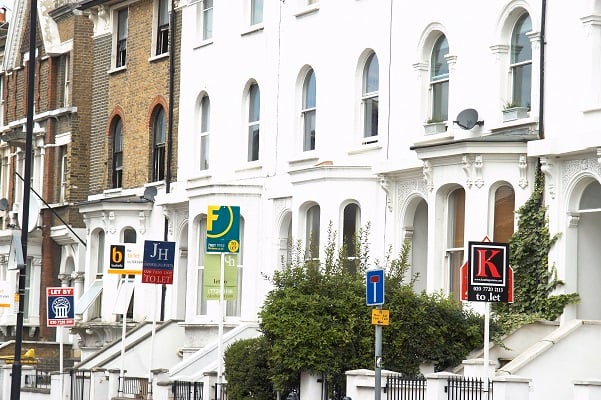The latest research by Zero Deposit, the alternative to a tenancy deposit, has revealed that the monthly cost of renting is forecast to increase by 16% by 2030, meaning the average tenant could see this cost climb to £1,150 per month.
However, in some regions this increase is forecast to reach as high as 39%, adding hundreds of pounds to the average monthly rent.
Zero Deposit analysed historic rental market data from the Office for National Statistics for each region of England, before using this data to forecast what the average cost of renting could look like by 2030 based on historic market trends.
Read more related news:
Build to Rent now accounts for highest market share of private rental stock
Hard up renters are going without heating and food in order to pay their landlords
Most renters will take fewer holidays this year due to rising costs
How will the Renters Reform Bill impact landlords?
The Great EV Divide shows where you live can affect what you drive
The research shows that currently, the average tenant across England is paying £994 per month in rent. This cost has climbed by 5% in the last year alone and 37% over the last decade.
London is not only home to the highest average cost of renting at £1,873 per month, but this cost has climbed by 12%, or £201 per month, in a single year (2022 vs 2023).
In fact, every region of England has seen the cost of renting climb between 2022 and 2023, putting further financial pressure on renters across the nation.
The forecast from Zero Deposit suggests that things are only set to get worse for those residing within the rental market.
Based on historic trends, Zero Deposit estimates that the average rent across England could climb to £1,150 per month by 2030, an increase of 16% that would add £156 to the monthly cost of renting.
London would remain by far the least affordable area of the rental market, with a forecasted 12% increase expected to add £234 to the cost of renting, pushing the average monthly rent to £2,107.
However, it’s the East Midlands that is forecast to see the largest jump. Zero Deposit estimates that the average monthly cost of renting across the region could climb by a staggering 41% by 2030, an increase of £307 per month.
Additional analysis of Gov data by Zero Deposit revealed that the reason behind this expected increase could be down to a dwindling level of PRS stock. Since 2018, PRS stock as a percentage of all dwellings within the East Midlands region has declined from 18.7% to 17.3% in today’s climate (2022 – latest available) – a drop of -1.4%.
Just one other region has seen a similar reduction of more than 1%, the South West, where PRS stock as a percentage of all homes has fallen from 19.4% to 18.1% – a drop of -1.3%.
No surprise then, that the South West is forecast to see the second largest rental cost increase by 2023, with the average cost of renting climbing by £382 per month – a jump of 39%.
The East of England is also expected to see a significant jump, with the average rent climbing by 29% or £291 per month.
Yorkshire and the Humber is forecast to see the most marginal increase, although rents are still expected to climb by 9% across the region, adding £66 per month to the existing cost.
Sam Reynolds, CEO of Zero Deposit said, “Since 2013, the average rent across England has increased every year with the exception of 2017 and 2020 and the average tenant is now paying 37% more than they were a decade ago, an increase of £266 more per month.
This is a huge jump and one that simply hasn’t been matched by growth in earnings, with figures from the Office for National Statistics showing that wages have increased by just 30% during the same time period.
The imbalance between the two is putting tenants under an even greater degree of financial pressure, both on a month to month basis, but also with regard to the initial deposit required to secure a rental home.
The primary issue driving rental value growth is the insufficient level of stock available to quell the overwhelming demand for rental homes. This demand has only grown as the cost of homeownership has spiralled and we’ve seen a greater acceptance of long-term renting as a lifestyle choice.
The Government has done little to address this issue and if they continue to sweep it under the rug, the reality is that rents will only increase further over the coming years.”






Leave a Comment